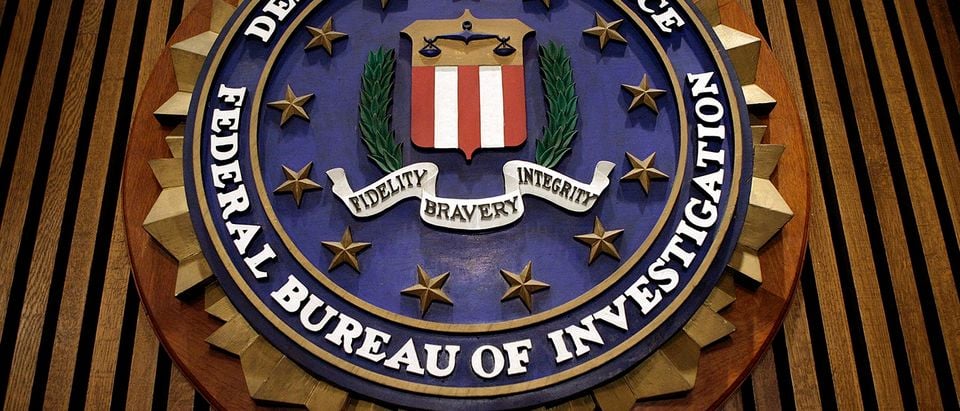Former FBI Director James Comey and other bureau employees told investigators they thought Department of Justice prosecutors were intimidated by Hillary Clinton’s “high-powered” legal team.
Comey and others interviewed by the DOJ inspector general thought the prosecutors’ wariness resulted in unusual restrictions on the bureau’s investigation of her private email server.
“Comey, Baker, and other FBI witnesses told us that they believed the prosecutors were overly cautious about obtaining the laptops because they were intimidated by high-powered defense counsel like [Beth] Wilkinson,” the IG reported.
The report also describes other FBI witnesses who made the same claim — including agents Peter Strzok and Lisa Page, whose text messages in the report revealed their political bias against Donald Trump becoming president.
“Some FBI witnesses told us, consistent with text message exchanges between [Peter] Strzok and [Lisa] Page, that the FBI was concerned that the line [Network Security Division] prosecutors were intimidated by the high-powered attorneys representing Clinton and her senior aides and, as a result, did not negotiate aggressively with them,” the report states.
It continues, “Strzok told us that Prosecutor 1, who handled most of the negotiations with counsel, is ‘extraordinarily competent,’ but he believed more senior government officials should have been involved with deciding ‘how hard [to] push counsel.'”
Two relatively vague conclusions came from FBI witnesses who described the limitations placed on the investigation as a result of the Clinton legal team and agreements that provided immunity for Clinton aides Cheryl Mills and Heather Samuelson.
“Nevertheless, the FBI witnesses generally told us that they were satisfied that the limitations of the consent agreements did not impair the investigation. Agent 2 stated regarding the limitations in consent agreements, ‘I think generally…we were able to get what we were looking for. It maybe was more complicated, time-consuming, and cumbersome,'” the report says.
It adds, “The Lead Analyst told us that ‘every single consent arrangement constrained what we did…to some degree.’ However, he, Strzok, and FBI Attorney 1 all told us that they believed the team might have actually obtained more through the consent agreements in some instances than they would have obtained through compulsory process.”
However, then-Attorney General Loretta Lynch and former Deputy Attorney General Sally Yates both claimed they were unaware that any DOJ attorney was “intimidated” by the Clinton legal team.
The report stats, “Lynch and Yates told us that they were unaware of any complaints that the prosecutors were not sufficiently aggressive, or that they were believed by the FBI to be intimidated by high-powered defense counsel. Lynch stated, ‘I don’t remember that being conveyed to me. You know, agents always think that prosecutors aren’t aggressive enough. But they don’t know the discussions and decisions that go behind the decisions as to…what steps you’re going to take[.]'”
It adds, “She said that she would have viewed any such complaints as part of the normal dialogue that often occurs between prosecutors and agents unless someone had brought the complaints to her as a ‘catalogue’ of specific decisions that were problematic.”
In October 2016, Republican committee chairs sent a letter to then-Attorney General Loretta Lynch asking why the Clinton investigation became so restricted in its scope.
“We write to express our concerns about the process by which Congress was allowed to view the Wilkinson letters, that the letters inappropriately restrict the scope of the FBI’s investigation, and that the FBI inexplicably agreed to destroy the laptops knowing that the contents were the subject of Congressional subpoenas and preservation letters,” they wrote at the time.


